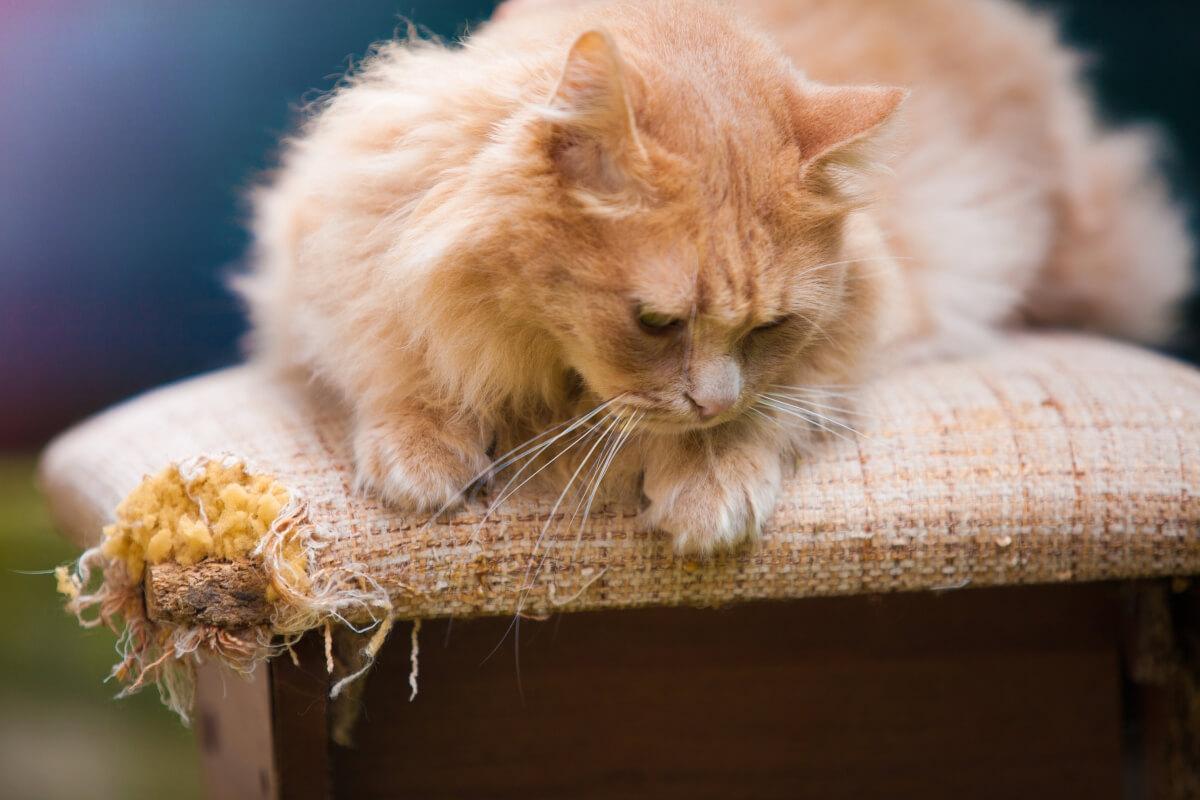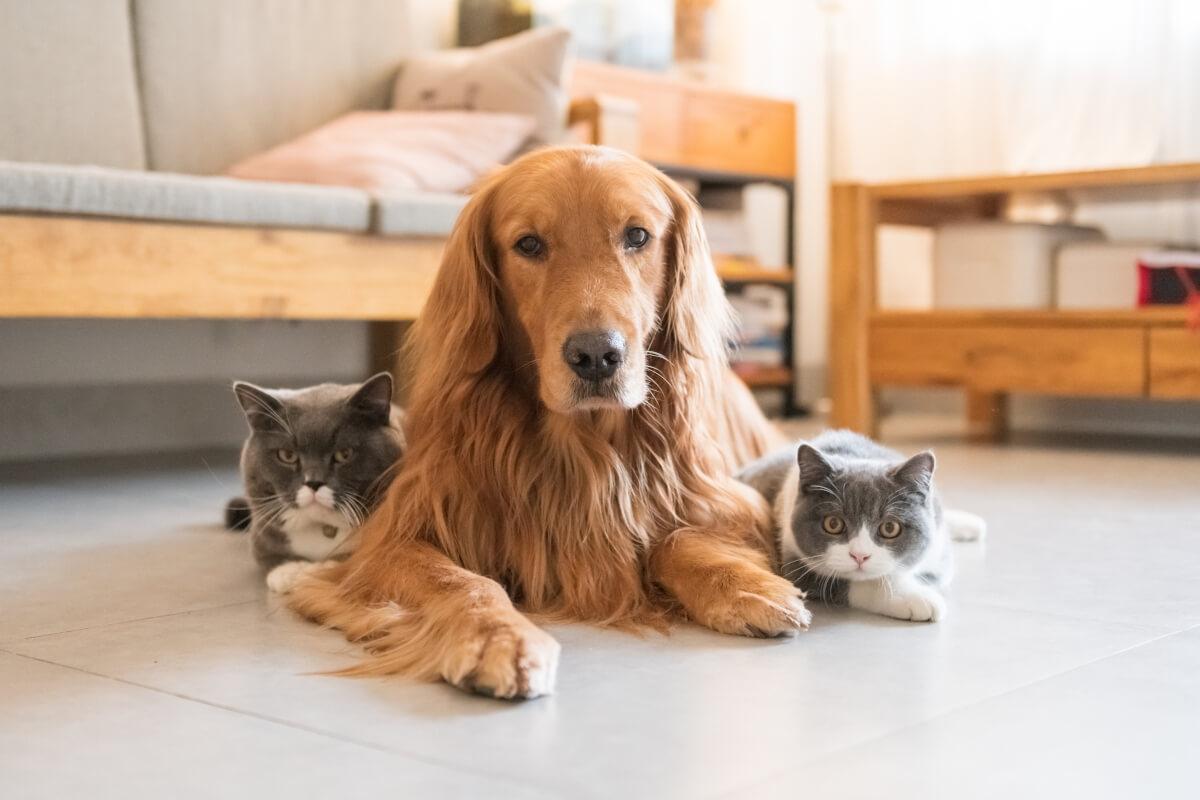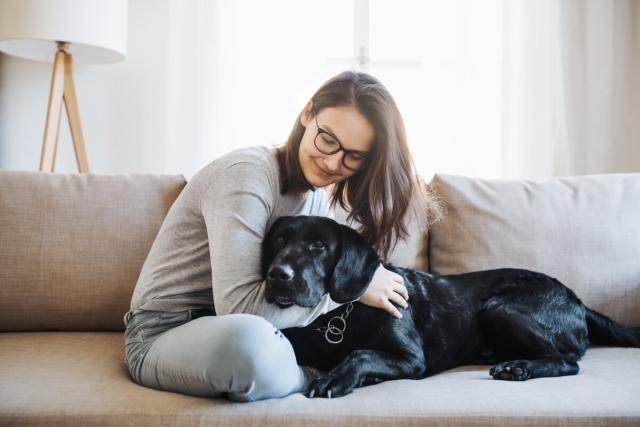Being a pet owner is a rewarding experience full of joy and companionship. However, it comes with its unique challenges, especially when it comes to renting an apartment with a pet. You need to go in prepared to make sure you are ready for the unexpected.
Equip yourself with pet liability insurance so you can face anything that might happen. Whether it’s property damage or an injury caused by your furry friend, insurance will protect you. Keep reading to learn everything you need to know about pet liability insurance and why it’s the smart choice for renters with pets.
Key Takeaways
- Renters insurance typically includes pet liability coverage, protecting against injuries or property damage your pet causes — coverage usually starts at $100,000 and can be increased or supplemented with a separate policy or umbrella insurance.
- Monthly renters insurance costs average $15–$20, but standalone pet liability insurance can range from $10 to $100 per month, depending on your pet’s breed, type, and history.
- Certain dog breeds (like pit bulls, rottweilers, and chow chows) and exotic pets may be excluded from coverage, with state laws influencing insurer restrictions.
What Is Pet Liability Insurance for Renters?
Pet liability insurance is coverage that protects you from expenses from property damage or injuries caused by your pet. If you own a pet, getting covered is an absolute must.
Does renters insurance cover pets?
Renters insurance usually covers pets under the liability portion of your coverage. It means that you are protected if your pet injures someone or causes damage to another person’s property.
A typical renters insurance policy covers up to $100,000 in liability coverage. This is sufficient coverage in most cases, but you could get more if it would be beneficial to your situation and animal.
Do I Need Pet Liability Insurance as a Renter?

If you are the owner of an animal, you need renters insurance (where the liability coverage covers your pet) or separate pet liability insurance. It’s necessary because it protects you from expenses you could potentially be accountable for — you need to be covered in case your pet damages property or injures someone. Even if you have something as harmless as a fish tank, there are still potential liabilities so be ready for anything with insurance.
What does pet liability cover?
Pet liability insurance for renters covers any property damage or injuries caused by your pet. Essentially, you’re protecting yourself from having to pay for damage done to others or their property. Whether your cat scratches a guest, or your dog accidentally trips someone, you’re covered by your pet liability coverage.
What doesn’t pet liability insurance cover?
Pet liability insurance does not cover any damage to your own property or injuries to yourself, your family, roommates, or anyone living in the home. If your cat scratches up your couch, that won’t be covered. Certain damage done to your unit by your pet might be deducted from your pet deposit.
How much does pet liability insurance cost?
Your pet liability insurance is typically part of your renters insurance liability coverage. The average cost of renters insurance is $15–$20 a month or $180–$240 a year.
If you decide to opt for additional coverage or a separate pet liability plan, then the price will vary. Insurance companies also consider the type of animal/breed of dog and the pet’s history. A policy can range from $100 to $1,000 a year ($10 to $100 a month). Coverages range from $10,000 to $30,000 but do your research as these numbers will likely change based on your pet and their history.
What Pets Are Covered Under Renters Insurance?

Check your state laws and your insurance company’s policies because certain restrictions on animals may apply. This could include:
- Breed restrictions
- Excluding exotic pets
- Having a weight limit for pets
- Excluding pets with a history of biting or aggression
Most states allow insurers to deny coverage or charge a higher price based on the breed. However, some states prohibit insurers from denying or limiting coverage solely because of a breed.
Forbes looked at banned dog breed lists from insurance companies and found the most frequently banned breeds:
- Any type of pit bull breed
- Pit bull
- Rottweiler
- Chow Chow
- Wolf dogs and wolf hybrids
- Presa Canario (Canary dog)
- And more
What do I do if my renters insurance doesn't cover pets?
If your renters insurance doesn’t cover your pet or you want more coverage, you have a couple of different options. The first thing to try is increasing your liability coverage on your current renters insurance. However, most insurance companies have a maximum, like $500,000.
To get even more coverage, consider a personal umbrella policy. A personal umbrella policy is a separate policy that you would purchase alongside your renters insurance. It provides additional liability coverage if you want coverage that extends beyond your insurance limit. The only issue is that if your plan excludes your pet, then the umbrella policy likely will, too.
If your insurance doesn’t cover your pet, then you may need to buy separate pet liability insurance instead. This option is only offered by a few insurance companies or specialty insurance companies.
Protect You and Your Furry Friend with Renters Insurance
Ensure you and your pet are protected by making an informed decision once you’ve learned all about renters insurance. To help you navigate the process, Apartments.com has plenty of resources about renters insurance on their blog.
FAQs
What is the difference between pet insurance and pet liability insurance?
You might hear the words pet insurance and pet liability insurance used interchangeably, but they are quite different.
Pet insurance covers your pet’s medical expenses, much like your health insurance covers your medical costs. It can be purchased separately and will have varying levels of coverage and prices. Pet liability insurance covers costs caused by your pet to a third party or someone’s property but not any injury or sickness your pet sustains.
Is pet liability insurance required by landlords?
It is likely that your landlord will require renters insurance, which includes liability that covers your pet. Depending on your situation and pet, your landlord might ask for a higher coverage amount.






